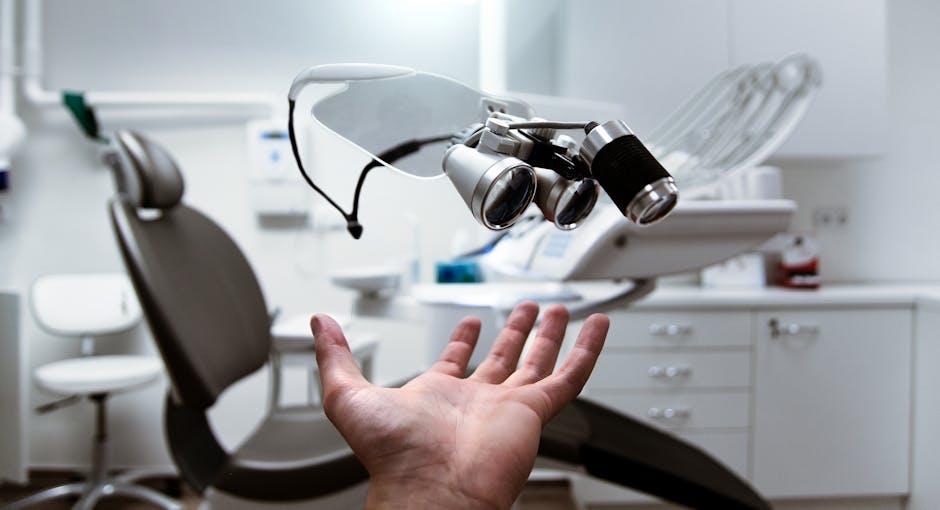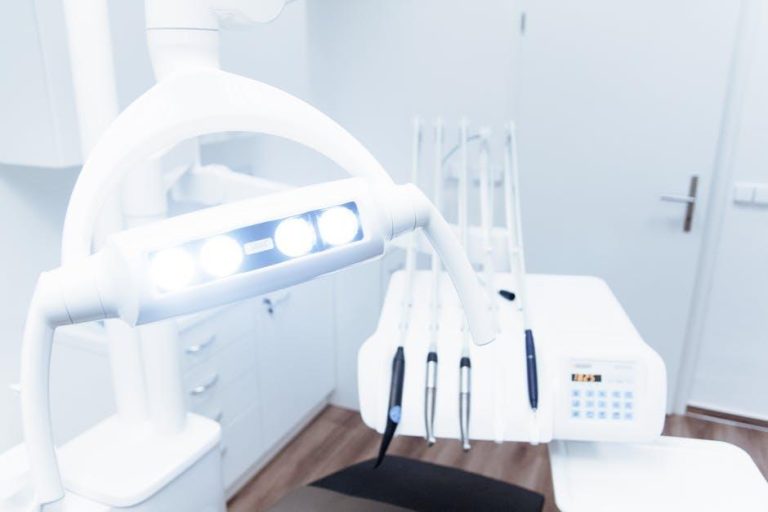
Navigating Burnout in Dentistry with Anna Middleton – Dentistry UK
Burnout in dentistry is a growing concern as dental professionals face increasing pressures from demanding schedules, patient care, and administrative tasks. Anna Middleton, a renowned expert in dental wellbeing based in the UK, shares her insightful guidance on how dentists and dental team members can recognise, manage, and overcome burnout to maintain a thriving and fulfilling career. In this article, we explore the nature of burnout in dentistry, its impact, and practical strategies to reclaim balance and passion in the profession.
Understanding Burnout in Dentistry
Burnout is a state of emotional, physical, and mental exhaustion caused by prolonged and excessive stress. Dentistry is a particularly high-risk profession due to its unique challenges:
- High patient expectations and time pressure
- Repetitive tasks and intense concentration
- Emotional stress from patient care and outcomes
- Workplace conflicts and administrative burdens
- Long working hours and work-life imbalance
Anna Middleton emphasises that burnout can affect any dental professional—from dentists, hygienists, and therapists to dental nurses and practice managers. Early signs include irritability, decreased empathy, fatigue, and reduced job performance.
The Real Impact of Burnout on Dentistry Professionals
Sustained burnout not only harms individual health and wellbeing but also compromises patient care and practice success. Common consequences include:
- Increased risk of clinical errors
- Reduced job satisfaction and motivation
- Higher absenteeism and staff turnover
- Mental health issues such as anxiety and depression
- Damage to professional reputation and relationships
Anna Middleton’s Approach: Expert Tips to Navigate Burnout
Anna Middleton advocates for a holistic and proactive approach to managing burnout, blending self-awareness, lifestyle adjustments, and workplace changes. Here are her top strategies:
1. Recognise and Acknowledge Burnout Early
Understanding the symptoms and accepting you need support is the first step toward recovery. Anna suggests regular self-check-ins and mental health assessments.
2. Prioritise Work-Life Balance
Set boundaries around working hours, take regular breaks during the day, and engage fully in life outside dentistry.
3. Foster a Supportive Workplace Culture
Open communication, teamwork, and peer support reduce stress. Practice leaders should encourage mental health awareness.
4. Adopt Healthy Lifestyle Habits
- Regular exercise to boost mood and energy
- Balanced nutrition to maintain physical resilience
- Good sleep hygiene for restorative rest
- Mindfulness or meditation to reduce anxiety
5. Seek Professional Help When Needed
Sometimes, external counselling or coaching is crucial. Anna Middleton recommends dental professionals utilise specialised therapy to regain control.
Benefits of Managing Burnout Effectively
| Benefit | Impact on Dental Professionals |
|---|---|
| Improved Mental Health | Reduced anxiety and depression, greater resilience |
| Enhanced Patient Care | Increased empathy, attention to detail, fewer errors |
| Greater Job Satisfaction | Renewed passion for dentistry and career longevity |
| Better Team Dynamics | Positive workplace culture and collaboration |
| Increased Productivity | More focused and efficient work with less fatigue |
Practical Tips From Anna Middleton: Daily Habits to Prevent Burnout
- Morning Reflection: Spend 5 minutes mindful of your daily intentions
- Time Blocking: Allocate fixed times for breaks and email checking
- Peer Check-Ins: Regular short talks with colleagues to share feelings
- Exercise Breaks: Simple stretches or walks to reduce muscle tension
- After-Work Ritual: Engage in a non-work hobby or social activity
First-Hand Experience: Anna Middleton’s Story
Anna Middleton herself faced burnout earlier in her career. “I was overwhelmed, disconnected from patients, and emotionally exhausted,” she shares. This prompted her to seek counselling and adopt sustainable work routines. Today, Anna channels her experience into helping dental teams across the UK create healthier environments and sustain rewarding careers. Her journey showcases that even the most dedicated professionals can recover and thrive when supported correctly.
Case Study: A UK Dental Practice Turnaround
A mid-sized dental practice in London worked with Anna Middleton to implement wellbeing initiatives designed to combat burnout. Key steps included:
- Workshops on stress management and mental health education
- Flexible scheduling allowing staff greater control over shifts
- Creating a peer support system with monthly check-ins
- Physical workspace improvements, including quiet zones
Within six months, the practice reported:
- 25% reduction in sick days
- Significant improvement in staff morale and patient satisfaction
- Higher retention rates of dental nurses and hygienists
Conclusion: Thriving in Dentistry by Navigating Burnout
Burnout in dentistry is a reality that many professionals face, but it doesn’t have to define their career or life. As Anna Middleton expertly illustrates, recognising the signs early, prioritising wellbeing, and fostering supportive environments are crucial to overcoming burnout. By embracing these strategies, dental professionals in the UK can enhance not only their own mental and physical health but also the quality of care they provide. Remember, a fulfilled dental workforce is the foundation for successful practice and healthier smiles.
For more resources on dental professional wellbeing and ongoing support from Anna Middleton, visit Dentistry UK.


